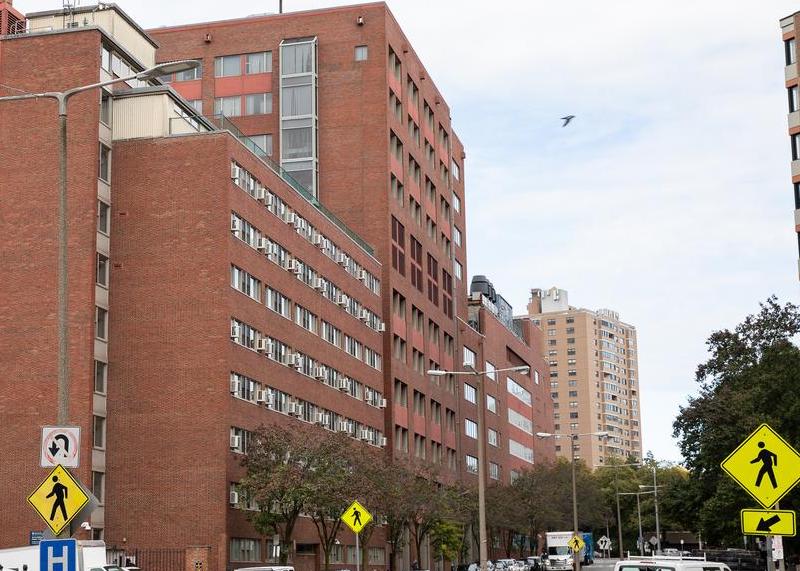Massachusetts hospital readmission rates increased in 2020, finds report

DATE: March 24, 2022

Mass General Brigham, the largest hospital system and owner of Massachusetts General Hospital, reported an RSRR of 16%.
The rehospitalization rate in Massachusetts ticked up in 2020, reflecting "the anomaly of the Covid-19 pandemic," according to a report from the state's Center for Health Information and Analysis released Wednesday.
Last year the overall rate rose from 15.6% in 2019 to 15.9%, the report noted. Massachusetts has historically had readmission rates that are higher than the national average.
The findings were based on CHIA’s seventh study on unplanned, all-payer hospital readmissions, which are defined as rehospitalizations within 30 days of an inpatient discharge. The independent state agency uses this data as a method to understand health system performance and costs.
“Unplanned hospital readmissions represent significant costs not only to the health care system but to patients and their families,” Executive Director of the Center for Health Information and Analysis Ray Campbell said in a press release regarding the research.
Readmission rates for patients between 25 and 65-years-old have increased since 2018.
Delving into the data
The report includes readmission information based on characteristics of patients and hospitalizations, readmission rates for Covid-19 and non-Covid discharges and readmission rates for individual and group hospitals and is based on overall trends in all-payer readmissions for acute care hospitals in Massachusetts for the period between July 1, 2010, and June 30, 2020, marked by state fiscal years.
For example, the research found that the average length of stay for a discharge resulting in readmission was 1.5 days longer than for discharges that did not result in a readmission. Further, over one-third (36%) of readmissions happened within seven days of the initial discharge, findings consistent with previous data.
The report found that Medicare patients had a readmission rate of 18.1% and Medicaid patients had readmission rates of 16.9%. That's higher than commercial insurance customers, which reported rates of 10.2%.
Medicare patients 65 and over had the highest number of readmissions, the report added, while Medicare patients under age 65 had the highest readmission rate in 2020 at 22.9%.
During the pandemic, CHIA found that the readmission rate for Covid discharges was 14.7%, compared to 17.2% for non-Covid discharges.
The rate for non-Covid discharges among Medicaid patients was also almost two times that of Covid charges, with 19.0% and 10.7%, respectively.
"Rates for 2020 reflect the anomaly of the Covid-19 pandemic, which greatly affected hospital utilization during the second quarter of 2020," the report read. "Readmission rates, discharge volume, and total readmissions were stable from the third quarter of 2018 through the first quarter of 2020. In the second quarter of 2020, discharge volume decreased more than readmission volume, leading to an increase in the observed readmission rate."
Those patients discharged to their homes in 2020 reported the lowest readmission rates (12.4%). Those discharged to post-acute care settings had higher readmission rates (17.9%) for home health agencies, 20.2% for skilled nursing facilities and 18.9% for rehabilitation.
Patients hospitalized four or more times in the previous 12 months were identified as frequently hospitalized patients, accounting for over half of the readmissions at 52%, according to the report. These patients represented 6% of the patient population.
Social risk factors
This report marked the first time CHIA incorporated social risk factors into the risk-standardization methodology for hospital readmission rates in an effort to fairly compare hospital performance. With this, CHIA broke down the data for readmission rates by hospitals.
Different Massachusetts hospital systems reported varying risk-standardized readmission rates (RSRR). For example, Cape Cod Healthcare saw a low of 14.3% while the Steward Health Care System reported a high of 17.4%.
Mass General Brigham, the largest hospital system, reported an RSRR of 16% and accounted for 19% of all discharges and 19% of all readmissions.
For acute care hospitals, risk-standardized readmission rates in Massachusetts ranged from 13.7% at Falmouth Hospital to 17.9% at Martha’s Vineyard Hospital when adjusted for hospital service mix, patient case mix, and patient- and community-level social risk factors.
Variation by hospital type using the RSRR was much smaller, with a low of 15.8% for community hospitals to a high of 16.2% for the Academic Medical Centers.
“This report provides valuable insight to assist health care providers, stakeholders and policymakers in better identifying opportunities for the Commonwealth to improve quality of care and reduce preventable readmissions,” Campbell said.
By Cassie McGrath – Reporter, Boston Business Journal

